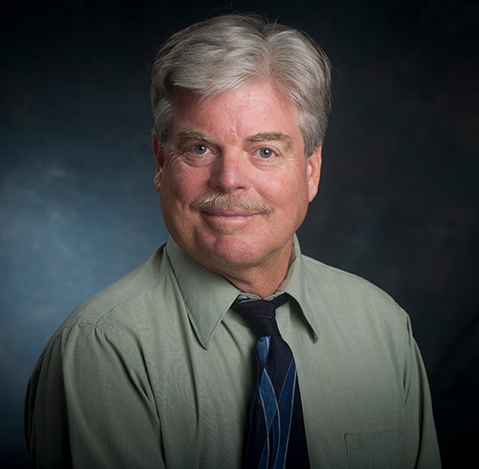 The Nature Conservancy has announced that Antarctic researcher, author and explorer James McClintock, Ph.D., professor at the University of Alabama at Birmingham, has been named a spokesperson for the “Can We Talk Climate” campaign. Launched by the Conservancy this year, the campaign promotes “connected conversations” around climate change and encourages people to sign a pledge to speak up soon, and often.
The Nature Conservancy has announced that Antarctic researcher, author and explorer James McClintock, Ph.D., professor at the University of Alabama at Birmingham, has been named a spokesperson for the “Can We Talk Climate” campaign. Launched by the Conservancy this year, the campaign promotes “connected conversations” around climate change and encourages people to sign a pledge to speak up soon, and often.
Can We Talk Climate directly addresses the disparity between one’s beliefs and one’s actions. Though climate change is of concern to most Americans, it is rarely talked about, says McClintock. According to The Nature Conservancy, Yale University’s “Climate and the American Mind” survey shows that seven in 10 Americans believe climate change is happening, and six in 10 are at least somewhat concerned, yet 65 percent of Americans rarely if ever discuss the issue with family or friends. Only about 20 percent of Americans hear people they know talk about global warming more than once a month.
“I’ve dedicated my life to talking to people about the climate impacts I’ve witnessed firsthand during my scientific expeditions to Antarctica,” said McClintock, a professor of polar and marine biology in the UAB College of Arts and Sciences. “Over the past two decades on the western Antarctic Peninsula, I’ve seen glaciers increasingly shed house-sized chunks of glacial ice, and the number of icebergs increase. Sadly, the once robust colonies of Adelie penguins near U.S. Palmer Station have lost 90 percent of the original 15,000 mating pairs tagged in the 1970s, due in large part to climate change.”
Earlier this year, McClintock was recognized by the Scientific Committee on Antarctic Research as its inaugural recipient of the SCAR Medal for Education and Communication. SCAR noted in particular McClintock’s efforts regarding climate change and its impacts on the Antarctic ecosystem. In addition to more than 275 scientific papers, he has written critically acclaimed books for general audiences, including “Lost Antarctica: Adventures in a Disappearing Land” and “A Naturalist Goes Fishing: Casting in Fragile Waters from the Gulf of Mexico to New Zealand’s South Island.”
McClintock was recently elected a fellow in the prestigious Explorer’s Club. He also serves as a member of the Board of Trustees of the Alabama chapter of The Nature Conservancy.